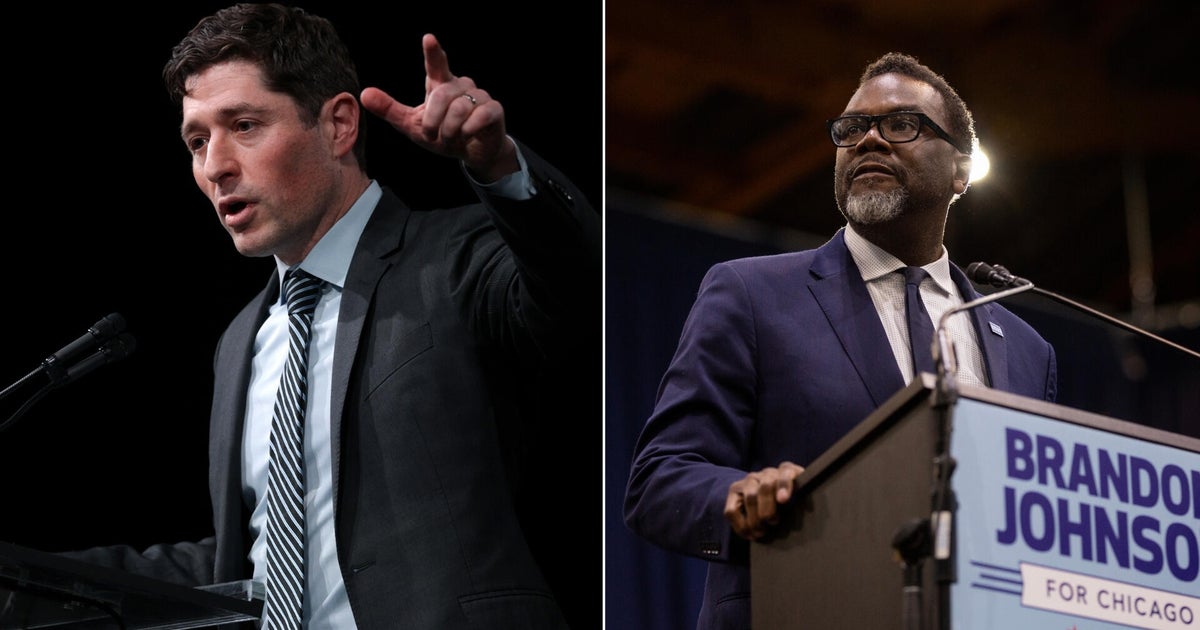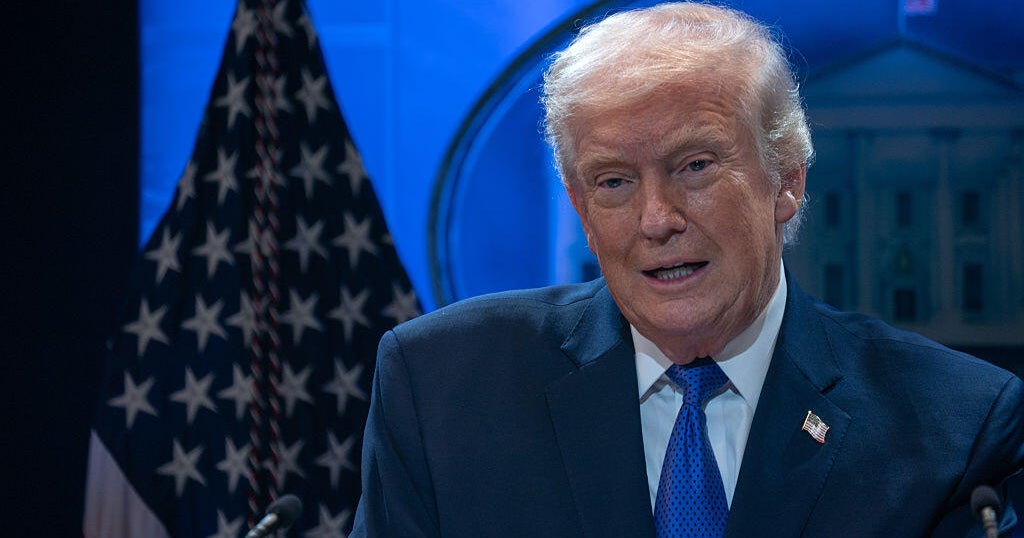FBI informant testifies for defense in Jan. 6 Proud Boys trial
An FBI informant who on Jan. 6, 2021, marched to the U.S. Capitol with fellow Proud Boys members testified Wednesday that he didn't know of any plans for the far-right extremist group to invade the building and didn't think they inspired the violence that day.
The informant, who identified himself in court only as "Aaron," was a defense witness at the trial of former Proud Boys leader Enrique Tarrio and four lieutenants charged with seditious conspiracy for what prosecutors said was a plot to keep Donald Trump in the White House after the 2020 presidential election.
The informant was communicating with his FBI handler as the mob of Trump supporters breached police barricades at the Capitol on Jan. 6, 2021.
"Barriers down at capital building. Crowd surged forward, almost to the building now," the informant texted. In another message, he wrote that the Proud Boys "did not do it, nor inspire."
"The crowd did as herd mentality. Not organized," he wrote. The handler's response was redacted from a screenshot that a defense attorney showed to jurors.
Defense attorneys are trying to undermine prosecutors' claim that the Proud Boys plotted to attack the Capitol and stop Congress from certifying President Joe Biden's electoral victory during a joint session on Jan. 6.
The presence of government informants in the far-right group has repeatedly come up in the lengthy trial, raising fresh questions about intelligence failures in the days before the riot. A U.S. Senate report examining security failures surrounding the riot found that law enforcement had intelligence leading up to Jan. 6 that some Trump supporters were threatening violence and planning a siege to stop the certification of Biden's victory.
"Aaron," who was allowed to withhold a last name when he testified, is one of several Proud Boys associates who were FBI informants before or after the Jan. 6 attack. He is the first to testify at the trial, one of the most important to come out of the Justice Department's massive investigation of the Capitol riot.
The informant, however, who joined the Proud Boys in 2019, said he wasn't a group leader and didn't know any Tarrio or any of the other leaders on trial. He was not in any of the Telegram chats the Proud Boys leaders on trial are accused of using to plot in the days leading up to Jan. 6.
The informant said his relationship with the FBI began around 2008, roughly eight years before Vice Media co-founder Gavin McInnes formed the Proud Boys. He said the FBI didn't ask him to join the Proud Boys or direct him to gather information about the group.
The informant told jurors that he planned his travel to Washington with members of a Kansas City chapter of the Proud Boys, including at least four who were charged with conspiring to impede the Electoral College vote on Jan. 6. The FBI didn't ask him to go to Washington on Jan. 6 or march with the Proud Boys that day, he said.
He said he reached out to his handler on Jan. 6 because he saw it as an "emergency situation."
"If there was any violence and all that, they would have wanted to know," he said of the FBI.
The informant told jurors that marching from the Washington Monument to the Capitol appeared to be a photo opportunity for the Proud Boys.
"I didn't know the specific purpose other than just being on the streets and being seen," he said.
Tarrio, a Miami resident who served as national chairman of the group, and the other Proud Boys could face up to 20 years in prison if convicted of seditious conspiracy. Tarrio wasn't in Washington on Jan. 6. Tarrio had been arrested in a separate case days earlier, but authorities say he helped put into motion the violence that day.
Jurors have also heard testimony from two other former Proud Boys members who agreed to cooperate with the government after they were charged with riot-related crimes. Those government witnesses, Matthew Greene and Jeremy Bertino, both testified they didn't know of any specific plan to storm the Capitol.
But Bertino, a regional leader for the group from North Carolina who pleaded guilty to seditious conspiracy, told jurors that the far-right group plotted to violently prevent Biden from taking office because they were trying to "save the country" from what they feared would be a tyrannical government.
Hundreds of privately exchanged messages shown to jurors over the course of the trial show how the Proud Boys became increasingly agitated as Trump's legal challenges failed in the weeks leading up to Jan. 6. The messages also show the Proud Boys celebrating the attack on the Capitol and their role in it.
"Do what must be done," Tarrio wrote on social media as the mob stormed the Capitol. Later that day, someone asked in an encrypted group chat what they should do next.
"Do it again," Tarrio responded. In another message, Tarrio urged the Proud Boys to stay at the Capitol on Jan. 6.
"Make no mistake," he wrote. "We did this."
Also on trial with Tarrio are Ethan Nordean, Joseph Biggs, Zachary Rehl and Dominic Pezzola. Nordean, of Auburn, Washington, was a Proud Boys chapter leader. Biggs, of Ormond Beach, Florida, was a self-described Proud Boys organizer. Rehl was president of the Proud Boys chapter in Philadelphia. Pezzola was a Proud Boys member from Rochester, New York.
Prosecutors rested their case on March 20. Jurors are expected to hear several more days of testimony from defense witnesses before they hear closing arguments.
Nordean's attorney, Nicholas Smith, called the informant as a witness. The informant said the FBI interviewed him within 10 days of returning home from Washington.
The informant entered the Capitol on Jan. 6 and remained inside for roughly 20 minutes. He said he felt justified in entering the Capitol because he thought he could prevent rioters from destroying items of "historic significance."
"I didn't want to be in there any longer than I had to," the informant testified.



